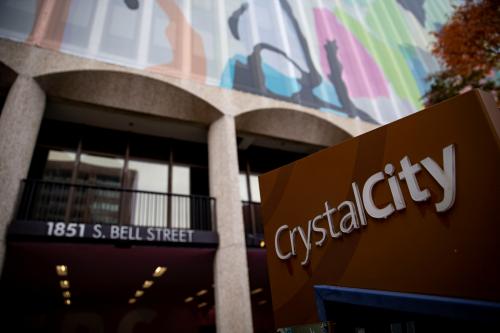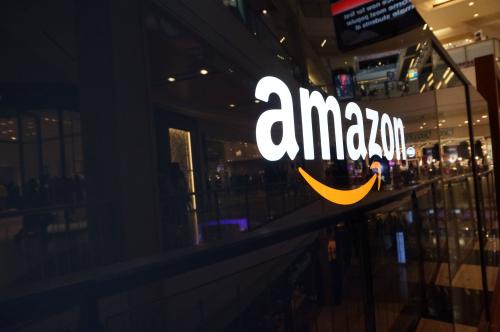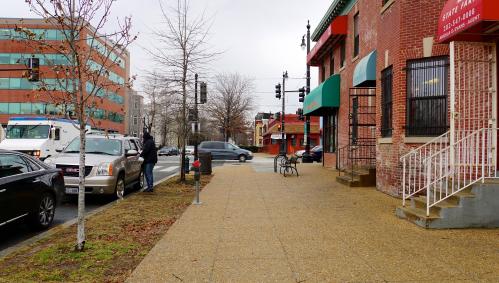Sure, it would have felt great to have Jeff Bezos crown you with the tiara and drape you in the sash. And yes, it’s galling to maintain that gracious fake smile while New York City and Northern Virginia bask in the audience’s admiration. Go ahead, have a little cry, maybe an extra scoop of gelato. When you get to the “what’s wrong with me, why didn’t he pick me?” stage of grief, here are some tips for moving forward productively (besides more gelato, which we strongly encourage).
Hit the books.
Smart is sexy. The best predictor of how well cities fare is their human capital: residents’ knowledge and skills. Upgrading the quality of local public education—from pre-K through community college—is probably the best investment you can make. Companies want to have well-qualified local workers available to fill a range of jobs—not just software engineers with advanced degrees. If Amazon plans to relocate some of its senior management to its second and third headquarters, those managers would like decent K-12 schools for their kids to attend. More education also produces more engaged citizens (known to mayors as “voters”).
Tone up your infrastructure.
A romantic suitor who truly loves you won’t care about those extra five pounds. But footloose companies, not unreasonably, are looking for host cities that have pothole-free streets, reliable transportation networks, well-maintained public parks, and fast Wi-Fi. And despite some notable deviations, maintaining urban infrastructure is mostly up to local governments. Not every city should try to replicate the New York City subway—but make sure residents throughout your city have affordable, predictable ways to reach major job centers, without spending half their day breathing in exhaust fumes (looking at you, Los Angeles). And if you do have a subway system, don’t skimp on maintenance for too long!
Be an honest, consistent, low-maintenance partner.
Local governments define the rules of the game for private businesses. What forms and procedures do companies have to follow to set up new firms? How can you convert an old warehouse into cool offices with open floor plans? Is there a city-specific living wage law or requirements for local hiring? How high are business taxes, sales taxes, commercial property taxes, and local income taxes? Some regulations clearly benefit the health and safety of workers, residents, and the environment. Taxes pay for public services that businesses and their employees want—like good schools, reliable transit, and clean parks. But don’t overdo the regulations, beyond demonstrable public benefits. Be transparent and even-handed in enforcing taxes and regulations. Local governments that aren’t perceived as honest brokers, or that unexpectedly flip their policy positions (see: Seattle head tax), are a huge turnoff to business owners.
Make sure your compassion goes beyond optics.
During the pageant interview, the audience gave you props for volunteer work knitting sweaters for abandoned Chihuahuas. But it takes sustained, thoughtful policies for your city to provide economic opportunity for all its residents. Pay attention to housing affordability, especially for middle- and lower-income families. Make sure public schools teach job-relevant skills, support summer jobs programs, and build pipelines to local employers. From a coldly calculating perspective, it’s hard to sell prospective employers on your city when homeless encampments are prominent features of downtown. As a compassionate mayor, you shouldn’t impose the costs of prosperity on your most vulnerable residents.
Working through this to-do list might improve your shot at getting the rose on next season’s “The Headquarters.” Equally importantly, providing high-quality public services will make your city a better place to live, work, and play for the people already there—established companies and aspiring entrepreneurs, not to mention the residents who pay your salary.







Commentary
Your city didn’t win the Amazon HQ2 beauty pageant. Now what?
November 13, 2018